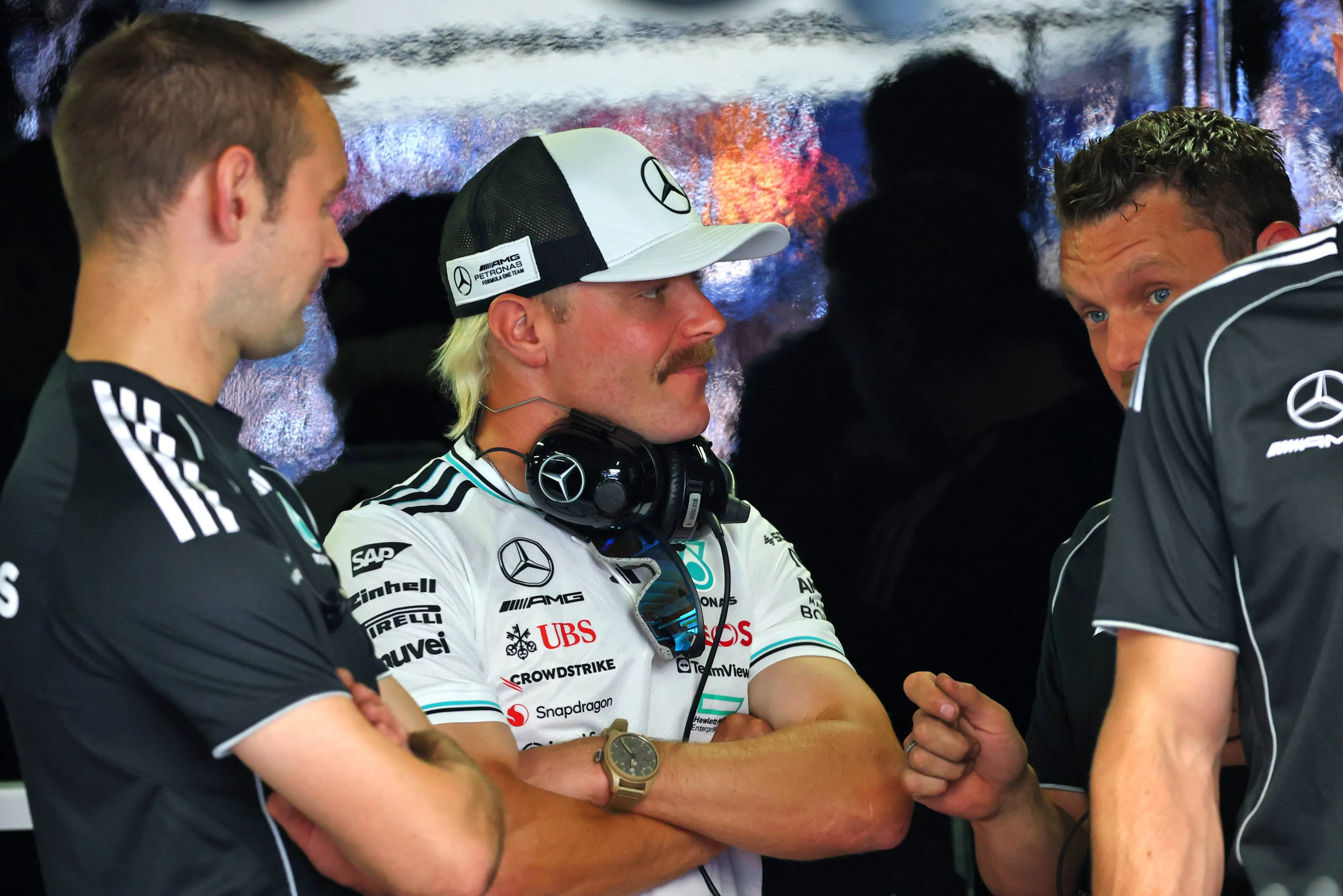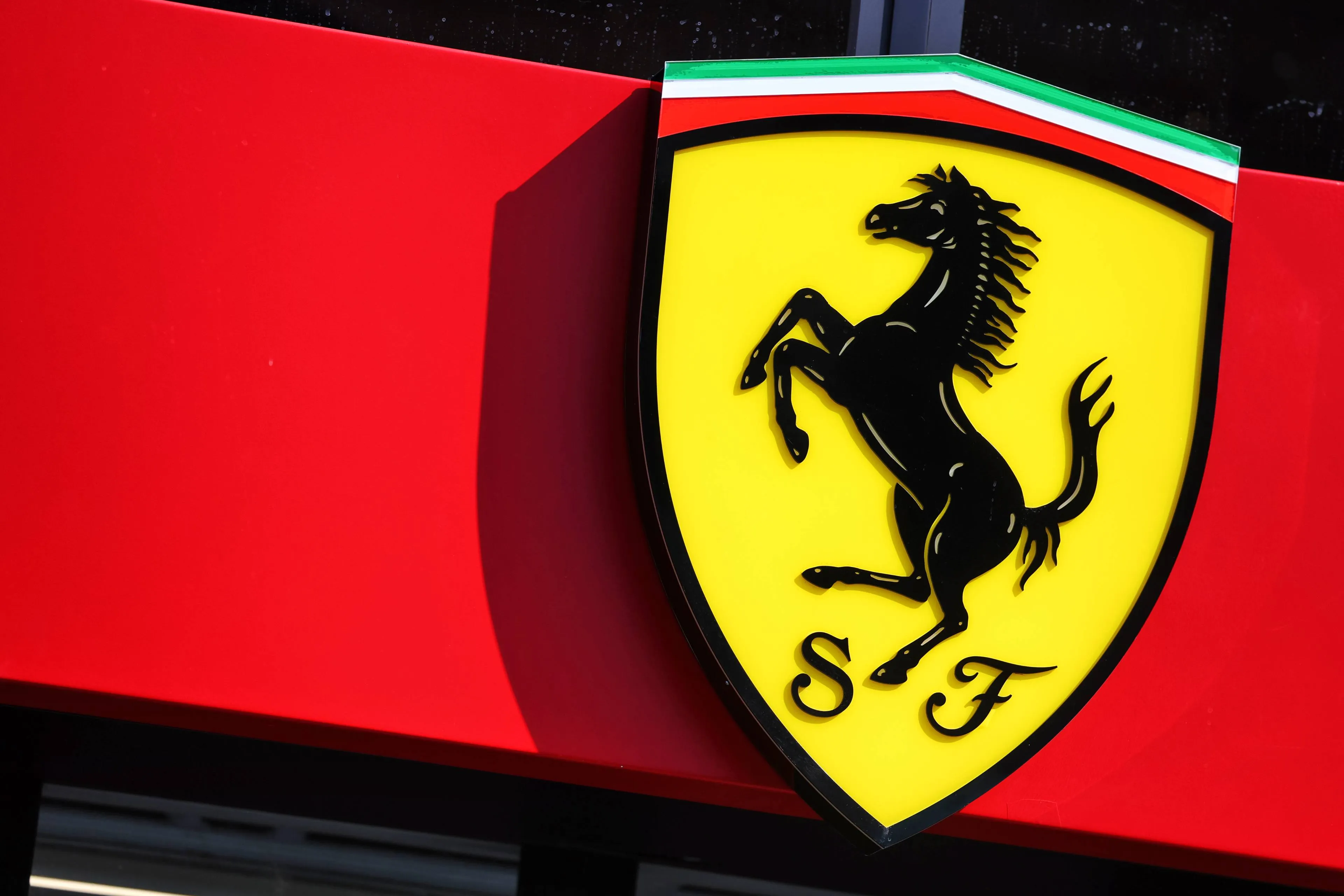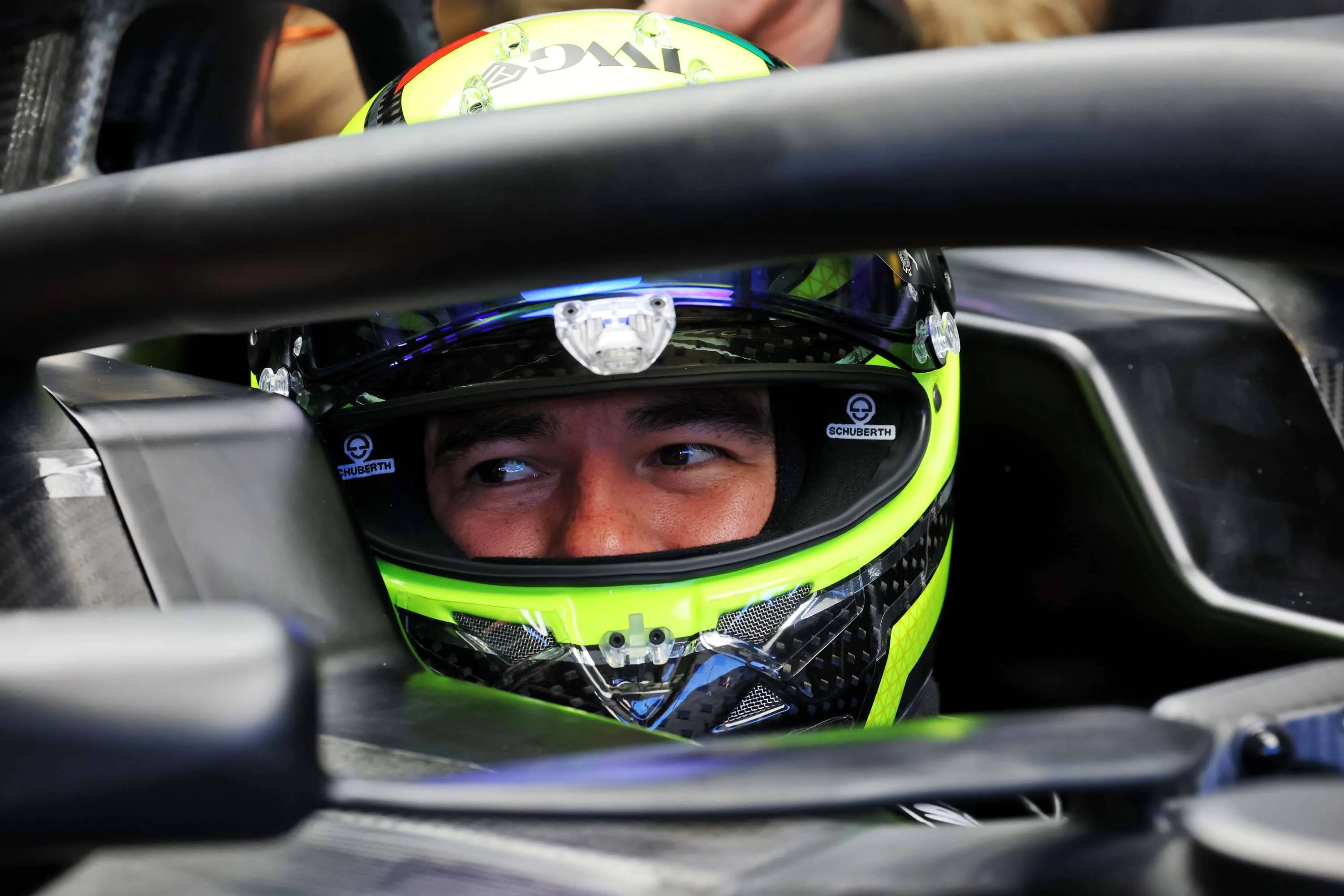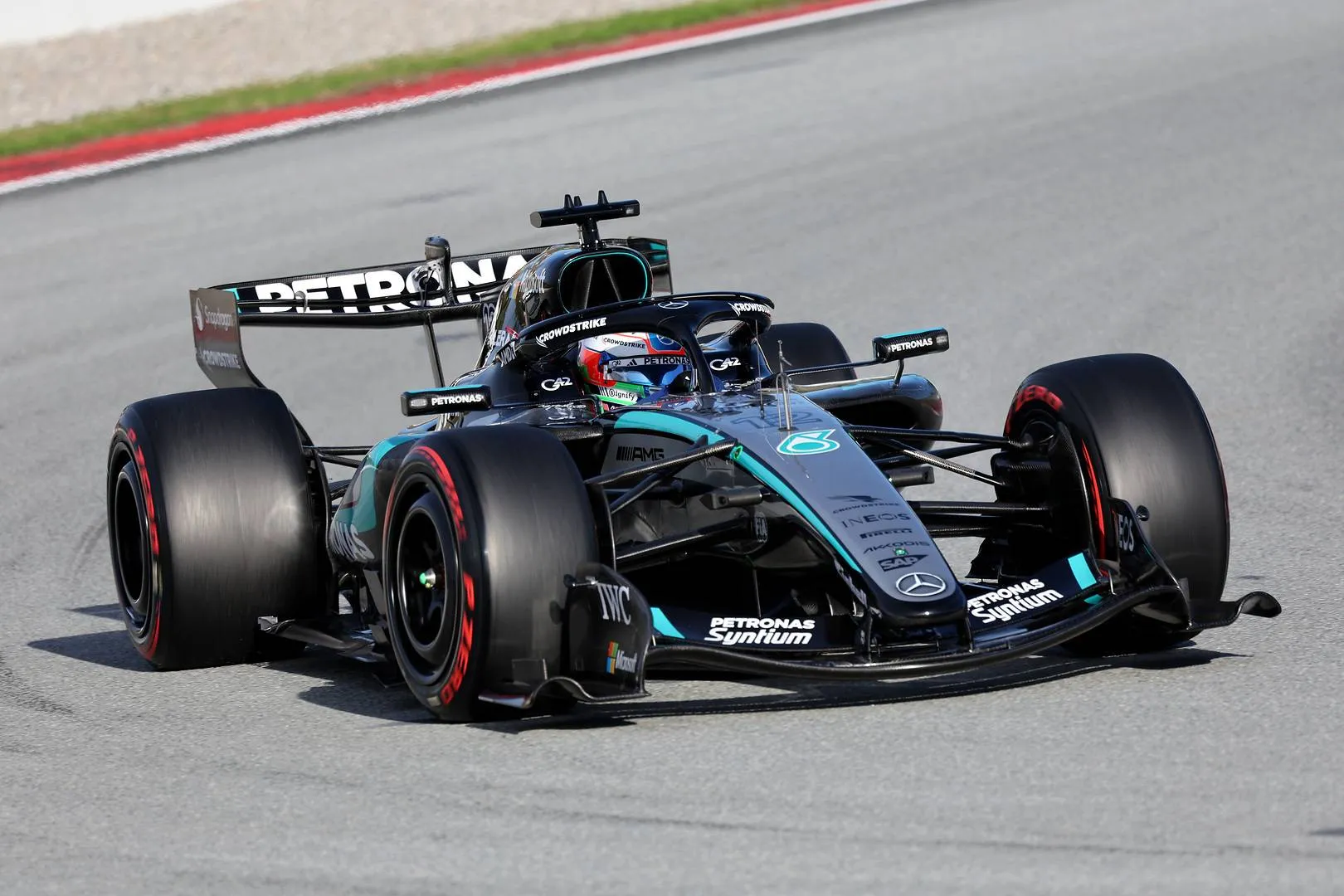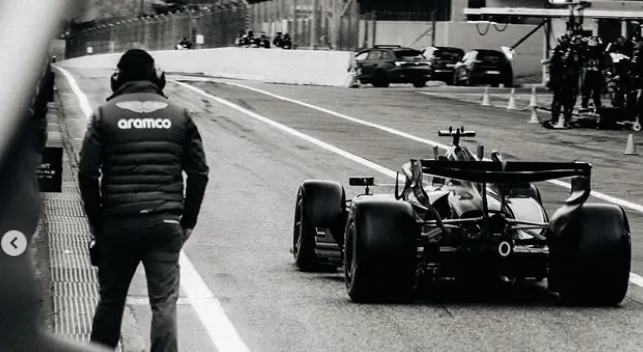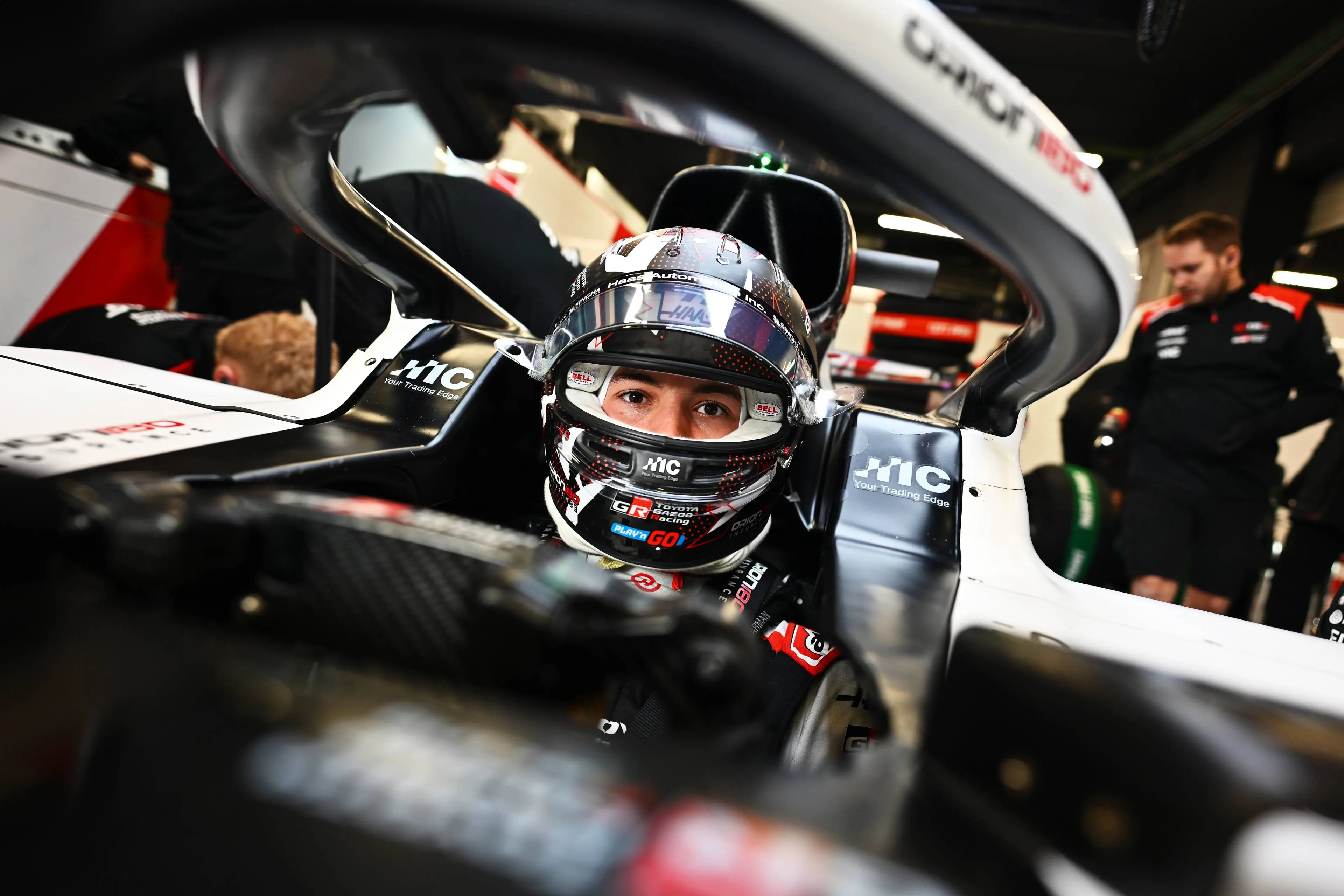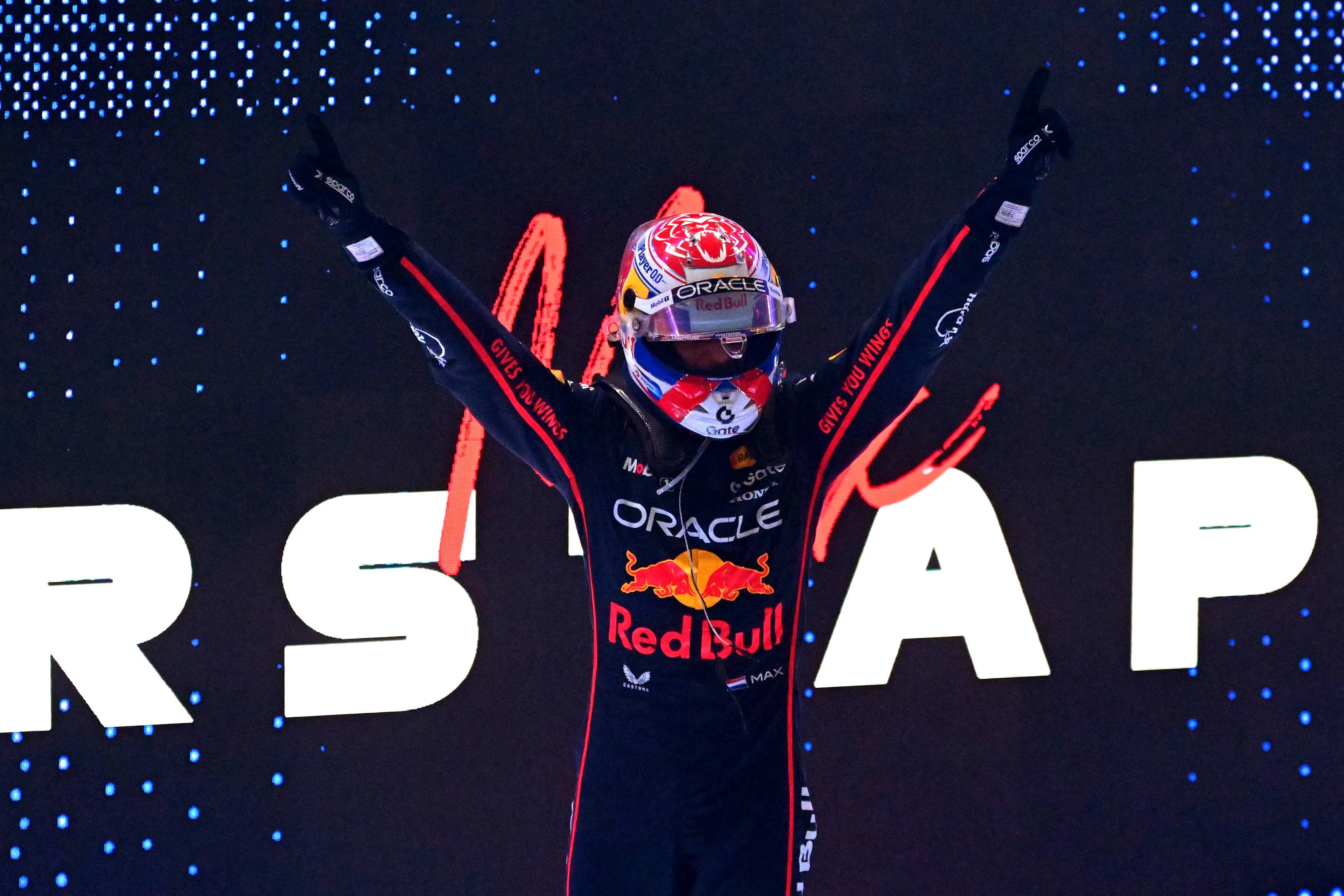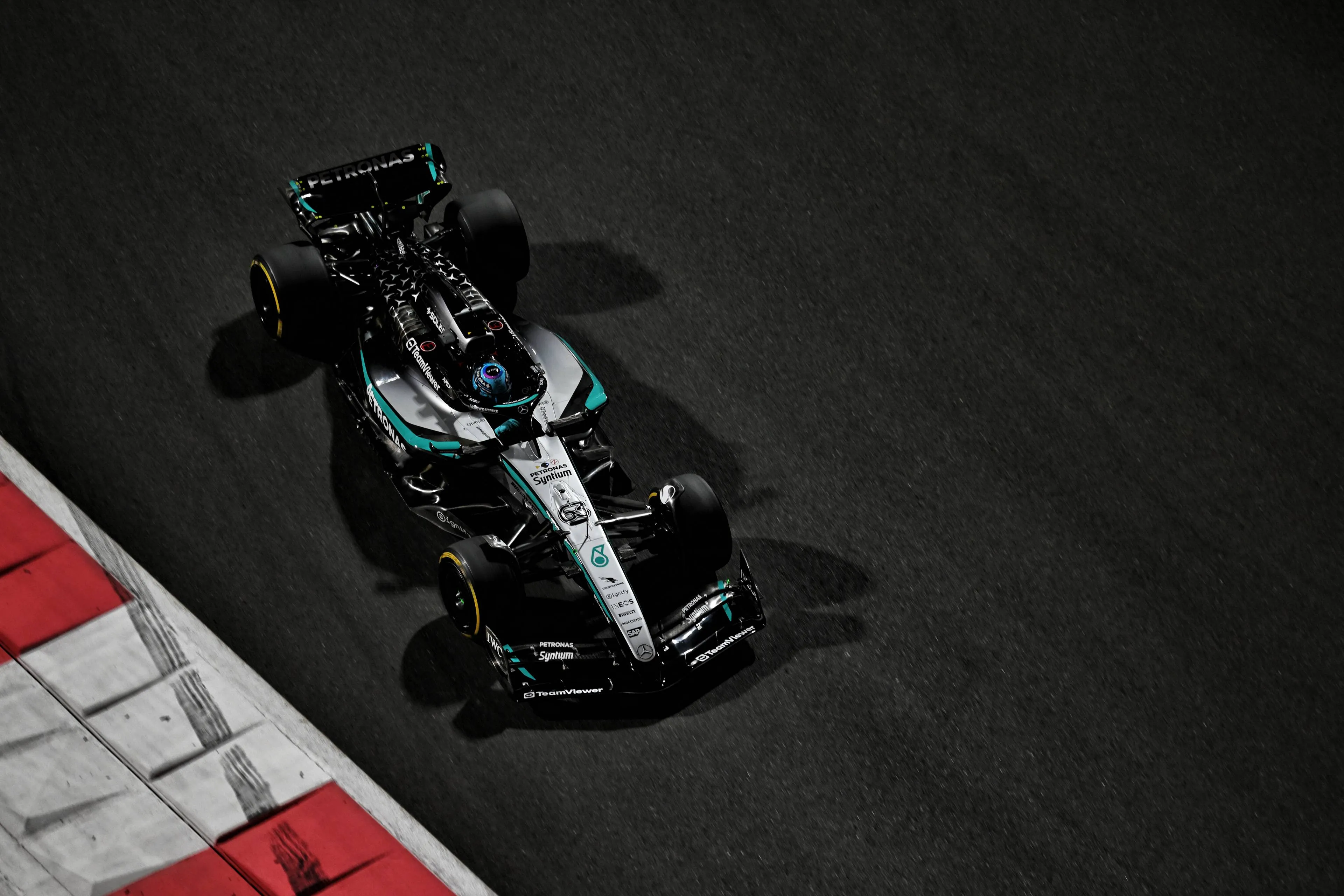No Hamilton, no pressure? Bottas reveals how Mercedes has changed
16:33, 07 Jun 2025
Updated: 17:20, 07 Jun 2025
2 Comments
After being dropped by Sauber at the end of the 2024 season, Valtteri Bottas rejoined his old team, Mercedes, as their third driver. Now, he reveals the key differences between the two times: a lack of Lewis Hamilton.
On the Beyond the Grid Podcast, Bottas spoke of how it felt to be back at Mercedes and about George Russell and Kimi Antonelli.
When asked if there was a chance for him to be driving for Mercedes in 2026, he said, “Realistically, Mercedes as a team and Toto, they're quite content with their pairing at the moment. Kimi is making progress. Yes, he had a couple of difficult races recently, but that's part of the learning curve."
“Kimi is more their long-term investment. George has been doing a great job, very consistent, getting most of the car. So I wouldn't actually see a reason for change over there.”
Noticeable changes after Hamilton left
The last time Bottas was at the Brackley-based team, he was teammates with Hamilton. Now, Hamilton is with Ferrari and Bottas is back at Mercedes.
Reflecting on the changes at Mercedes after Hamilton left, he said, “The winning mentality is still there; everyone is still working as hard as they can, trying to solve issues and get better. That hasn’t changed at all.”
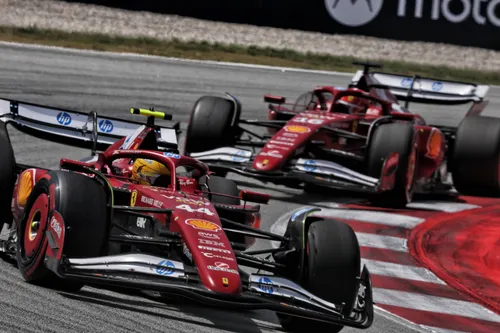
“Otherwise, losing a big figure such as Lewis has made some kind of difference. It’s hard to describe the feeling, but I think there has been some excitement over young Kimi and George being the more senior driver. Maybe it’s a bit more chilled in a way.”
Bottas has stepped into a role where the other drivers can come to him for advice or help. He said the adjustment was easy for him to make.
“I didn't find it difficult, actually. For me, it was quite natural. Once you have a rookie driver next to you, you know that he's going to ask questions, he's going to quite often copy your setup, or especially initially in the season, the rookie driver will have much less confidence on the comments and the direction.”
Read also
Read more about:
Rumors
Popular on GPBlog
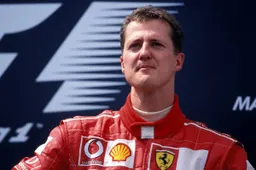
1
Positive health update reveals Michael Schumacher 'making progress'
3108 times read
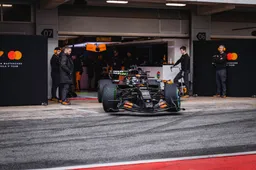
2
F1 LIVE | Barcelona Pre-Season Test - Day 4
2554 times read
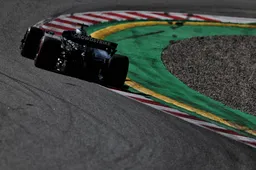
3
Russell and Mercedes dominate afternoon testing and set impressive benchmark
1462 times read

4
Verstappen's Thursday plans clarified, Hamilton in action for Ferrari
1437 times read
Loading
